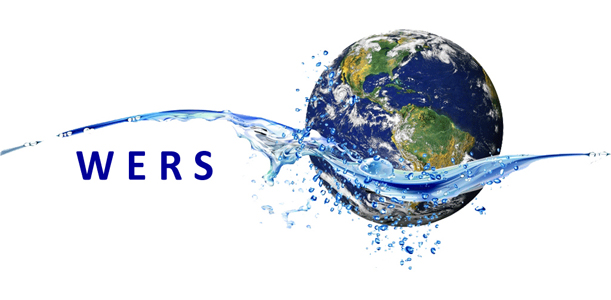In the summer of 2020, the state of Vermont will implement a new energy code. When they do, one of the compliance options will look quite a bit different than typical state energy codes.
Builders will have 3 compliance paths. The first one in the list is called “Package Plus Points”. It calls for builders to choose one of the five base packages, which include insulation and fenestration prescriptive requirements. There are packages for standard construction, SIPS, a “thick wall”, “cavity only” insulation method, and log homes. Next, builders will need to consult a table to determine how many points they need to obtain. The required number of points can vary from 4-10, based on building size. Finally, they’ll choose a number of point-earning options from a different table to achieve the required number of compliance points. These points can be accrued by improving envelope insulation, achieving better air leakage results, installing more efficient equipment, taking various water efficiency measures, using renewables or utilizing a couple other innovations like batteries, monitoring systems or EV-ready wiring.
In the water efficiency section, builders could earn 2 points by getting their home(s) certified through WERS. To provide some context, multifamily dwellings under 2,000 s.f. only need to obtain 4 points. Single-family dwellings under 2,000 s.f. need to attain 5 points; 2,000-4,000 s.f. homes are required to earn 7 points and anything over 4,000 s.f. must get 10 points. In the Points table, only 5 of the 23 choices have more points than the water certification option.
“Vermont clearly sees the importance of the energy-water nexus,” said WERS Development Group Chair Mike Collignon. “We applaud the state for including WERS in their forward-thinking energy code.”
The same 2 points are attainable by certifying through the EPA’s WaterSense for Homes program. The Coalition has been in discussions with the EPA for nearly 2 years on the integration of WERS into WaterSense for Homes 2.0, so that dual certification is relatively seamless. The revised WaterSense for Homes program is expected to launch in Q1 2020.

